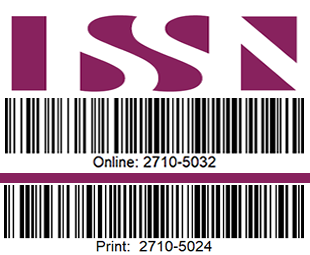A Critical Analysis of Arthur Jeffery's Methodology and Sources in "The Qur'an as Scripture"
Keywords:
Jeffery’s Methodology, Sources, Critique, Islamic Perspective, Holy ScriptureAbstract
Arthur Jeffery’s “The Qur’an as Scripture” is a hall-mark work in Quranic studies that uses a diverse methodological approach to analyze the genesis, formation and context of the Quran. This paper aims at examining Jeffery’s work with specific focus on comparative religion, comparative linguistics, realistic approach and textual criticism as methods he used, the innovation of his work as well as the scholarly nature of his work. Through asserting the Quran in the context of religious and linguistic history, Jeffery gives the reader a fresh approach that reorients the understanding of the Quran away from the sole Islamic experience while offering a fuller picture of the Quran’s evolution. Drawing from the comparative religion approach, Jeffery’s analysis of the Quran shows that the scripture shares a lot of similarities with other religious texts and that all religions are connected in terms of morality and values. His work of language comparison reveals the links between Quranic Arabic and the other Semitic languages to show how they have influenced the Quran. In different aspects, Jeffery’s approach is a realistic one, which poses a critical analysis of the Prophet Muhammad in the formation of the Quran, while at the same time honoring the religious tradition but in the same respect questioning its historical accuracy. Jeffery’s work has continued to receive criticism from the traditional Islamic scholars though his work has offered the most basic framework, which the current Quranic scholars cannot ignore. His method, assuming the stratified nature of the Quran text, opens new themes for researches and discussions among scholars and opposes them to the further investigation of the processes of the Quran copying and collection. In this analysis, I will demonstrate how Jeffery’s work has persisted as relevant after his death and why his methodological findings are useful for the examination of the Quran.













